President Paul Biya’s inability to connect with citizens has sparked concerns, even among his own party members, the Cameroon People’s Democratic Movement (CPDM).
Colbert Gwain @The Muteff Factor (formerly The Colbert Factor)
In the riveting agrarian community of Muteff in the Fundong Subdivision of the Boyo Division of Cameroon’s North West Region, the peasant women lacked everything except traditional agricultural engineering techniques for pre- and post-harvest loss management. In their pre-harvest management, especially as their maize was getting ready for harvesting, they would skillfully erect scarecrows at various strategic areas of the farm to scare away birds that usually perched around to feed on the corn seeds. The scarecrows typically consisted of clothes fastened to a stick, thereby giving the impression to the birds that a human being was standing and keeping watch. This strategy usually scared the birds away for some time. However, once the curious birds realized the immobility of the scarecrows, and particularly with their prior knowledge that the women and men were mobile during the clearing, tilling, and planting of the farm, they would ferociously invade the farms and devour the maize to their fill.
The Muteff women’s challenge wasn’t a lack of vision or knowledge about managing pre-harvest loss, but rather the limitations of their scarecrow strategy. The scarecrows’ inability to move or change appearance made them less effective over time, allowing the birds to become accustomed to their absent presence.
If Cameroon’s Prime Minister, Chief Dr. Joseph Dion Ngute, were not still young and full of energy and vitality, he would not have been able to make two visits to the restive North West region in less than two months, in addition to the numerous trips he has made to other regions, averaging 1.5 trips per week. If Dion Ngute had not made the July 3-6 trip to Bamenda, he wouldn’t have realized the shortcomings in project realization in the region, enabling him to instruct the contractors and concerned ministries to speed up the work. Before leaving Yaoundé for Bamenda last July, the paperwork presented to him indicated that he could conveniently receive, commission, and even lay the foundation stone for the Bamenda Urban Crossing. However, it was only when he arrived at the site that he saw the disparity between the paperwork and reality. Again, if he lacked energy and vitality, he wouldn’t have made the July and August trips.
Granted that, as Prime Minister and Head of Government, all these visits are made on the high instructions of the Head of State. Granted that, when he visits, there’s a semblance of progress at the said work sites. Now, imagine if such visits were to be made by President Paul Biya himself since he has the mandate of the people.
Because inertia since elected residence in Cameroon, the Babadjou-Bamenda stretch of the road that the Prime Minister commissioned on September 17, 2025, was launched in 2017 and was expected to be completed in 2020. The C2D projects, which include the Bamenda Urban Crossing whose foundation stone was laid on the same day by Dion Ngute, were supposed to have been realized under the former Government Delegate, Vincent Ndumu. The Ring Road that President Paul Biya promised in 1997 to personally supervise is still incomplete and patchy. Muteff is still in darkness despite having been voting for the CPDM since 2013. We could go on and on.
The fact that it’s Dion Ngute running around and doing the firefighting barely three weeks to the October 12 Presidential election, instead of 92- year-old President Paul Biya who is a candidate, speaks to the critical issues of age and vitality in taking Cameroon to the next level and as carefully laid out in the Cameroon New Vision (CANVI)’s criteria presented to Cameroonians as they go to the polls to choose the new Chief Executive Officer, CEO for Enterprise Cameroon.
CANVI, an initiative of Eric Chinje, international media expert, and other well-meaning Cameroonians at home and abroad, had outlined personal qualities for Cameroon’s next President, including the ability to work and act under pressure; humility and emotional intelligence; strategic communicator, good listener, and able to adapt to all situations; reformer rooted in African realities and mastering international concepts; courageous; perfectly bilingual; good knowledge of the culture and history of Cameroon; and above all, charismatic, unifier and patriotic in the real sense of the term.
Additionally, the CANVI team outlines other key competences Cameroon’s next P resident should have, including, the ability to define a long term vision for inclusive development and national reconciliation; integrity and accountability; a deep and profound understanding of Cameroon’s linguistic, ethnic and regional complexities; technology savvy, with proven knowledge of Artificial Intelligence (AI), digital governance and how AI can advance national development goals; sensitivity and commitment to equity, education and employment opportunities for youth and women; ability to consolidate ans protect the Cameroon nation; vigorously defend Cameroon’s interest, and above all, the ability to promote Cameroon’s image the world over.
Cameroon New Initiative, CANVI’s open letter to Cameroonians ahead of the 12 October polls came on the heels of that of Cameroon’s Episcopal Council where they expressly rooted for a next President who is capable of touring all 10 regional capitals as often as possible. According to the criteria set out by the bishops following their Pastoral Letter, any body wishing to be Cameroon ‘s next President must be a person of: Integrity, humility, modesty and moral leadership; a person of vision and strategy; possessing effective economic management skills; capable of consolidating national cohesion; having the ability to listen and engage in dialogue; having respect for the rule of law and freedoms; capable of fighting against corruption;
possessing crisis management skills; and above all, having the skills and knowledge to improve public services.
President Paul Biya’s inability to connect with citizens has sparked concerns, even among his own party members, the Cameroon People’s Democratic Movement (CPDM). In fact, CPDM militants across the country have been competing with each other to invite him to launch campaigns in their regions, highlighting his noticeable absence from these areas. This has not only negatively affected the country’s development but also its democratic advancement.
While three-quarters of Tanzanians (85%) and Liberians (75%) say they are living in a democracy, only 34% of Cameroonians believe they are living in a democracy. According to the latest Afro-Barometer survey that was released ahead of this year’s International Day of Democracy, up to 66% of Cameroonians don’t believe the country is a democracy. That’s why Cameroonians in their majority continue to yearn for a change of leadership beginning October 12, 2025.
And so, like Cassius to Brutus in William Shakespeare’s Julius Caesar: “The fault, dear Brutus, is not in our stars, but in ourselves, that we are underlings.”
Colbert Gwain @The Muteff Factor













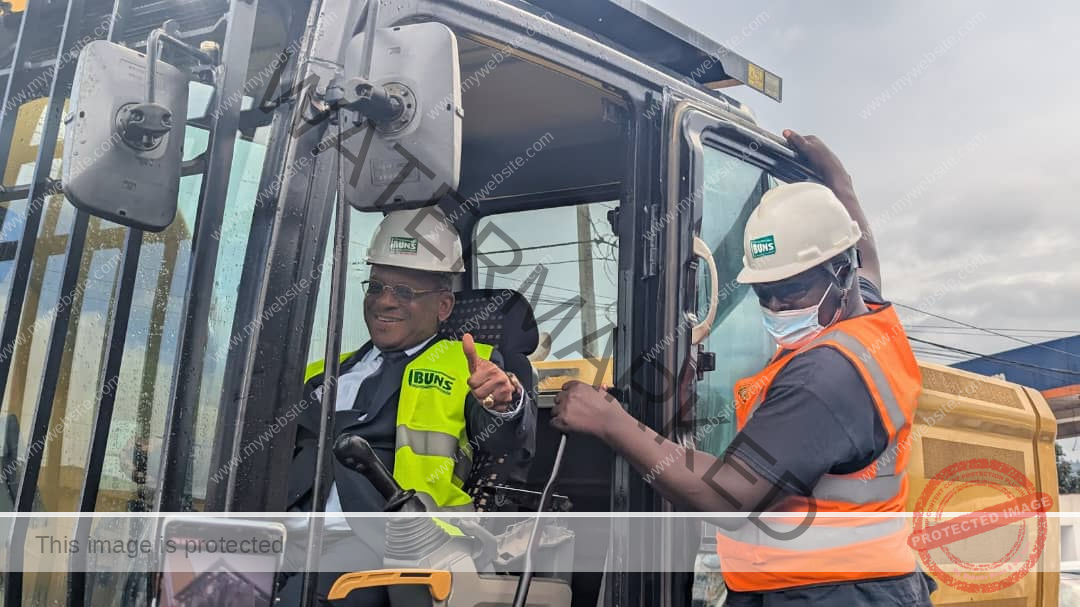
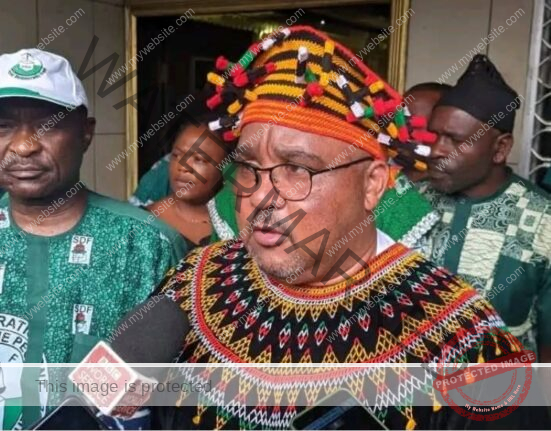
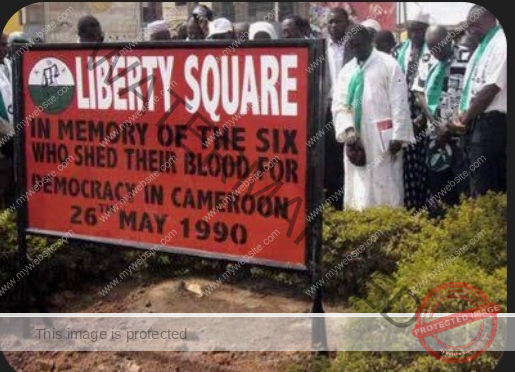
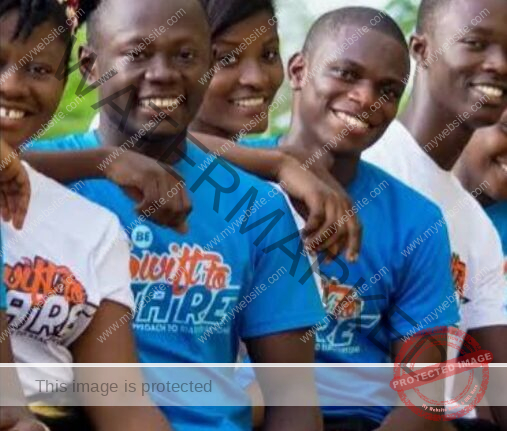

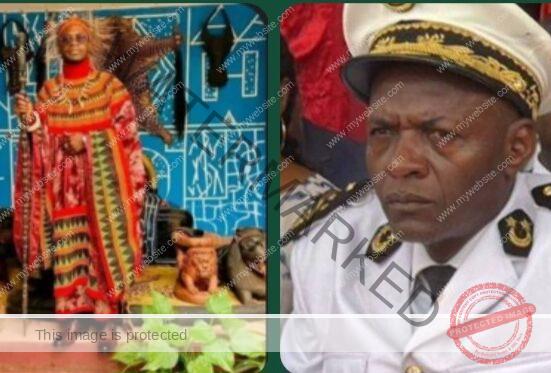
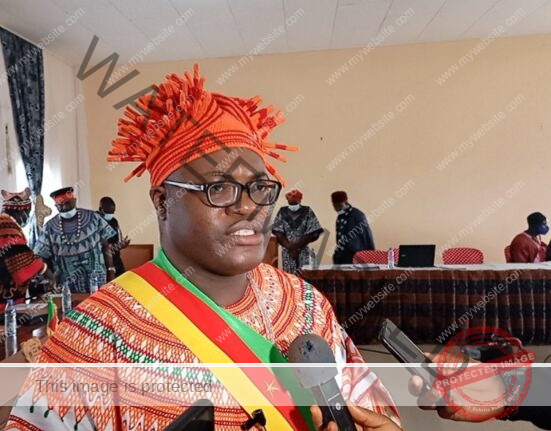

Leave feedback about this